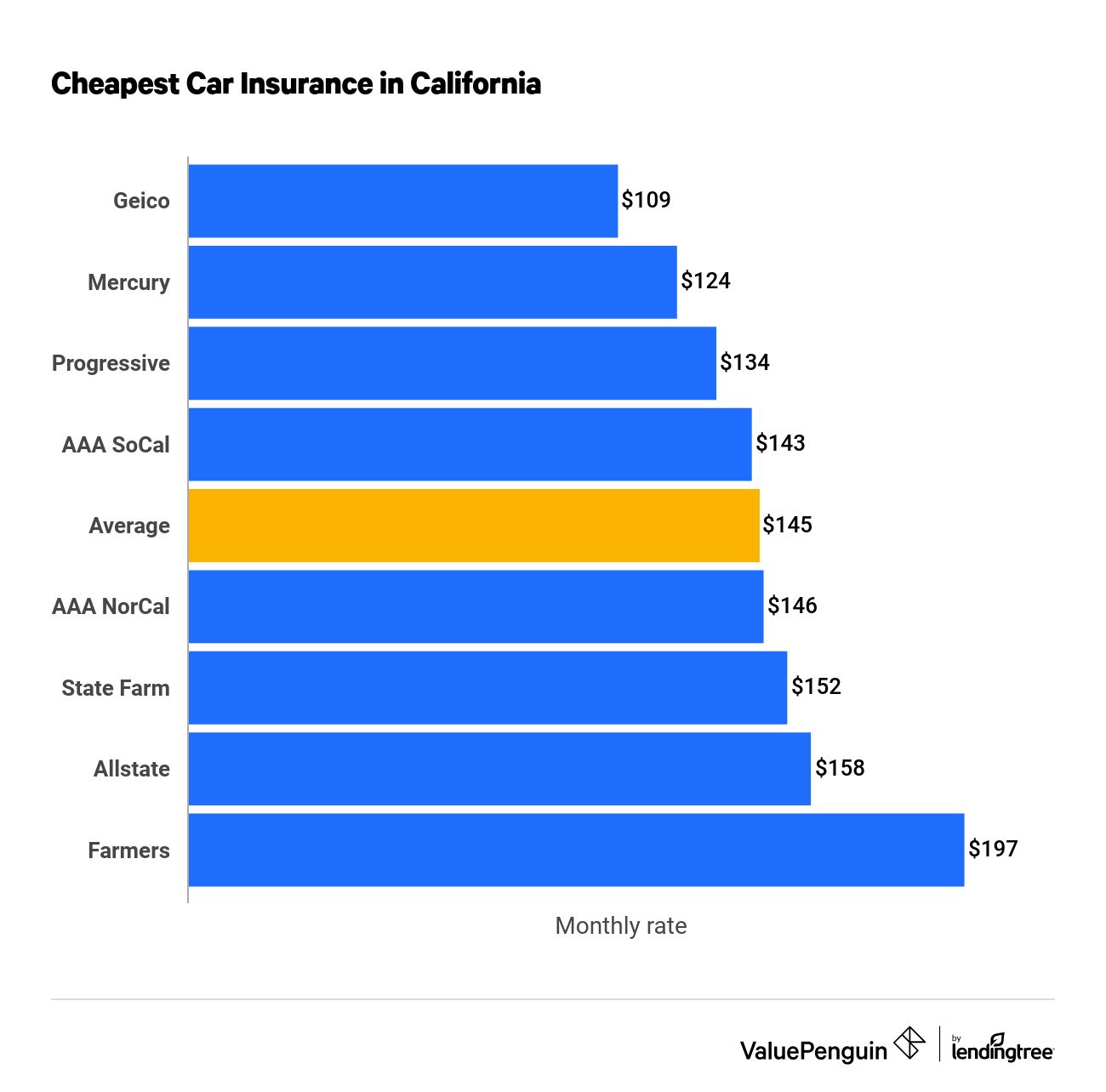Understanding California Car Insurance
When it comes to owning a vehicle in California, having car insurance is not only a legal requirement but also a crucial financial safeguard. Car accidents can happen at any time, and without proper insurance coverage, you may find yourself facing significant expenses. This article aims to provide you with an in-depth understanding of California car insurance, including what it means, how it works, and the solutions available to ensure you are adequately protected on the road.
What do you mean by California car insurance?
California car insurance refers to the insurance coverage that vehicle owners in the state must have to legally operate their vehicles on public roads. The purpose of this insurance is to provide financial protection in case of accidents, damage, or injuries that may occur as a result of a car accident.

California law requires drivers to carry liability insurance, which covers the costs associated with injuries or property damage suffered by others in an accident that you are at fault for. The minimum liability coverage required by law in California is $15,000 for injury or death to one person, $30,000 for injury or death to multiple people, and $5,000 for property damage.
How does California car insurance work?
California car insurance works by transferring the financial risk of potential accidents from the driver to the insurance company. When you purchase car insurance, you enter into a contract with an insurance provider, agreeing to pay a premium in exchange for coverage.
If an accident occurs, you must file a claim with your insurance company, providing them with all the necessary details and supporting documentation. The insurance company will then assess the claim and, if approved, provide compensation based on the coverage limits and deductibles outlined in your policy.
What is known about California car insurance?
California car insurance is regulated by the California Department of Insurance (CDI), which ensures that insurance companies comply with state laws and regulations. The CDI also provides resources and information to help consumers make informed decisions about their car insurance coverage.
Insurance premiums in California are determined based on various factors, including your age, driving history, type of vehicle, coverage limits, and deductibles. Insurance companies use statistical data and actuarial principles to assess the risk associated with insuring a particular individual or vehicle, which influences the premium calculations.
California also allows drivers to choose optional additional coverage, such as collision coverage and comprehensive coverage, which provide protection for damages to your own vehicle in various scenarios, such as accidents, theft, or natural disasters.
Solution: Finding the Right California Car Insurance
When searching for car insurance in California, it is essential to consider your specific needs and budget. Here are some steps to help you find the right coverage:
1. Assess your needs: Evaluate your driving habits, the value of your vehicle, and your financial situation to determine the appropriate coverage limits and deductibles.
2. Shop around: Obtain quotes from multiple insurance companies to compare prices and coverage options. Online comparison tools can be helpful in simplifying this process.
3. Research the insurance company: Look for customer reviews, ratings, and the company’s financial strength to ensure they can fulfill their obligations in case of a claim.
4. Understand the policy: Read the policy documents carefully, including the terms, conditions, and exclusions. Make sure you understand what is covered and what is not.
5. Seek professional advice: If you are unsure about any aspect of your car insurance, consider consulting an insurance agent or broker who can guide you through the process and provide personalized recommendations.
Conclusion
California car insurance is a vital component of responsible vehicle ownership. Understanding the requirements, coverage options, and finding the right insurance provider is crucial to ensure you have adequate protection in case of accidents. By following the steps outlined above and being well-informed, you can make informed decisions and drive with peace of mind on California’s roads.
Frequently Asked Questions (FAQs)
1. Is car insurance mandatory in California?
Yes, car insurance is mandatory in California. Drivers must carry liability insurance to legally operate their vehicles on public roads.
2. What happens if I drive without car insurance in California?
Driving without car insurance in California is against the law and can result in penalties, such as fines, license suspension, and vehicle impoundment.
3. Can I choose my own coverage limits and deductibles?
Yes, you can choose your own coverage limits and deductibles when purchasing car insurance in California. However, it is important to ensure that the coverage you select meets the state’s minimum requirements.
4. Are there any discounts available for California car insurance?
Yes, many insurance companies offer discounts for various factors, such as safe driving records, multiple policies, anti-theft devices, and completing defensive driving courses. It is advisable to inquire about available discounts when obtaining quotes.
5. Can I change my car insurance policy anytime?
Yes, you can change your car insurance policy anytime by contacting your insurance provider. However, it is essential to review the terms and conditions, including any cancellation fees, before making any changes.

